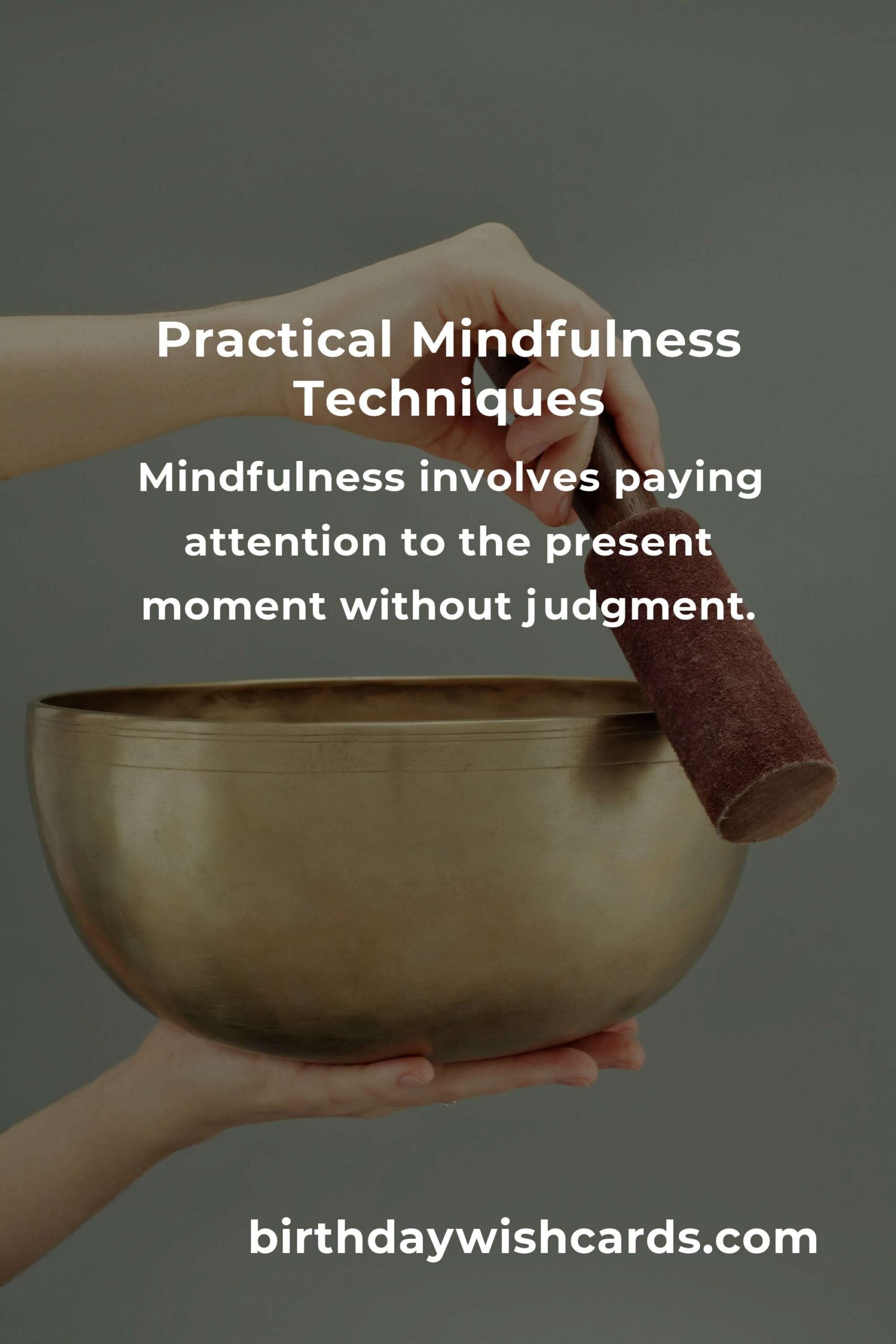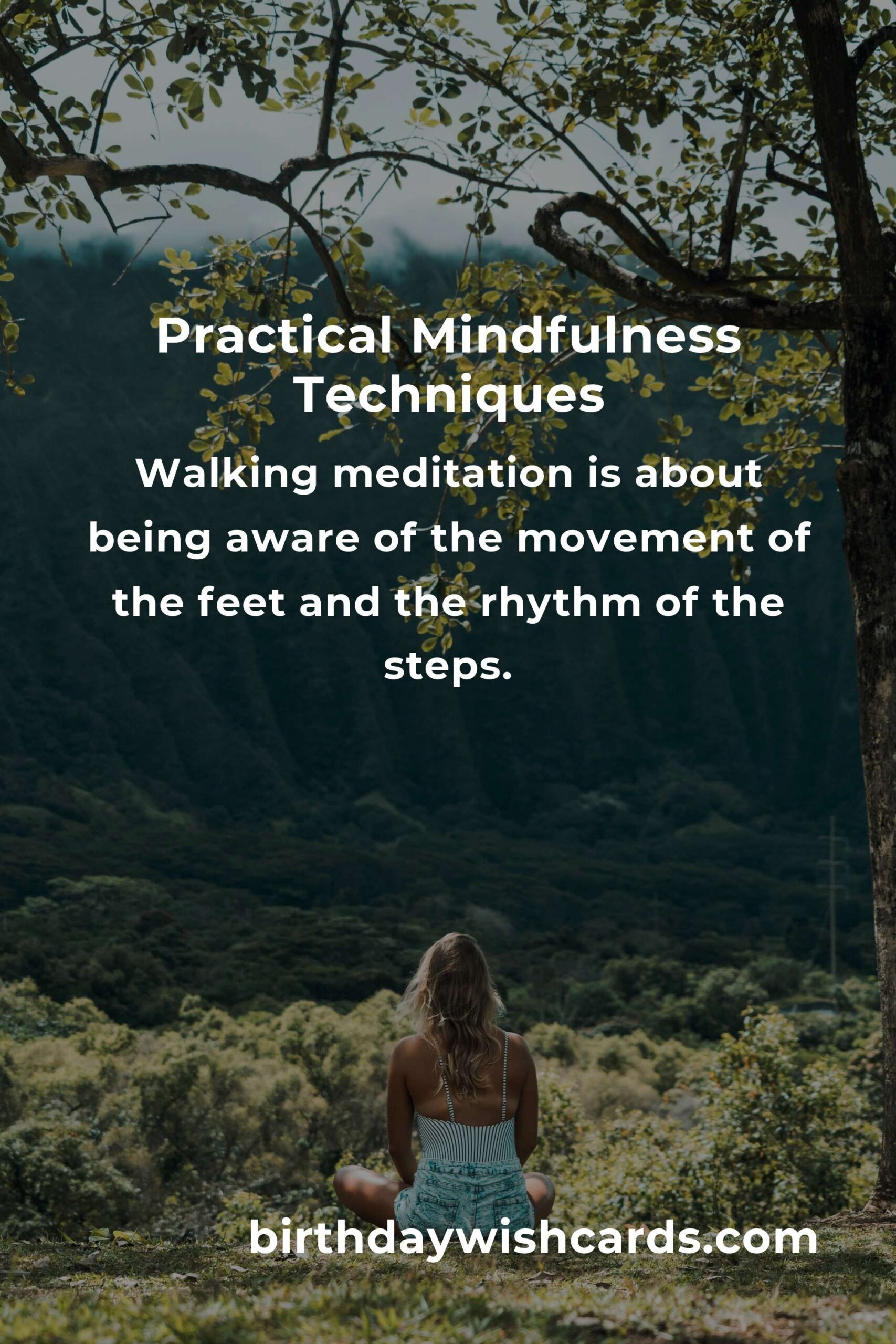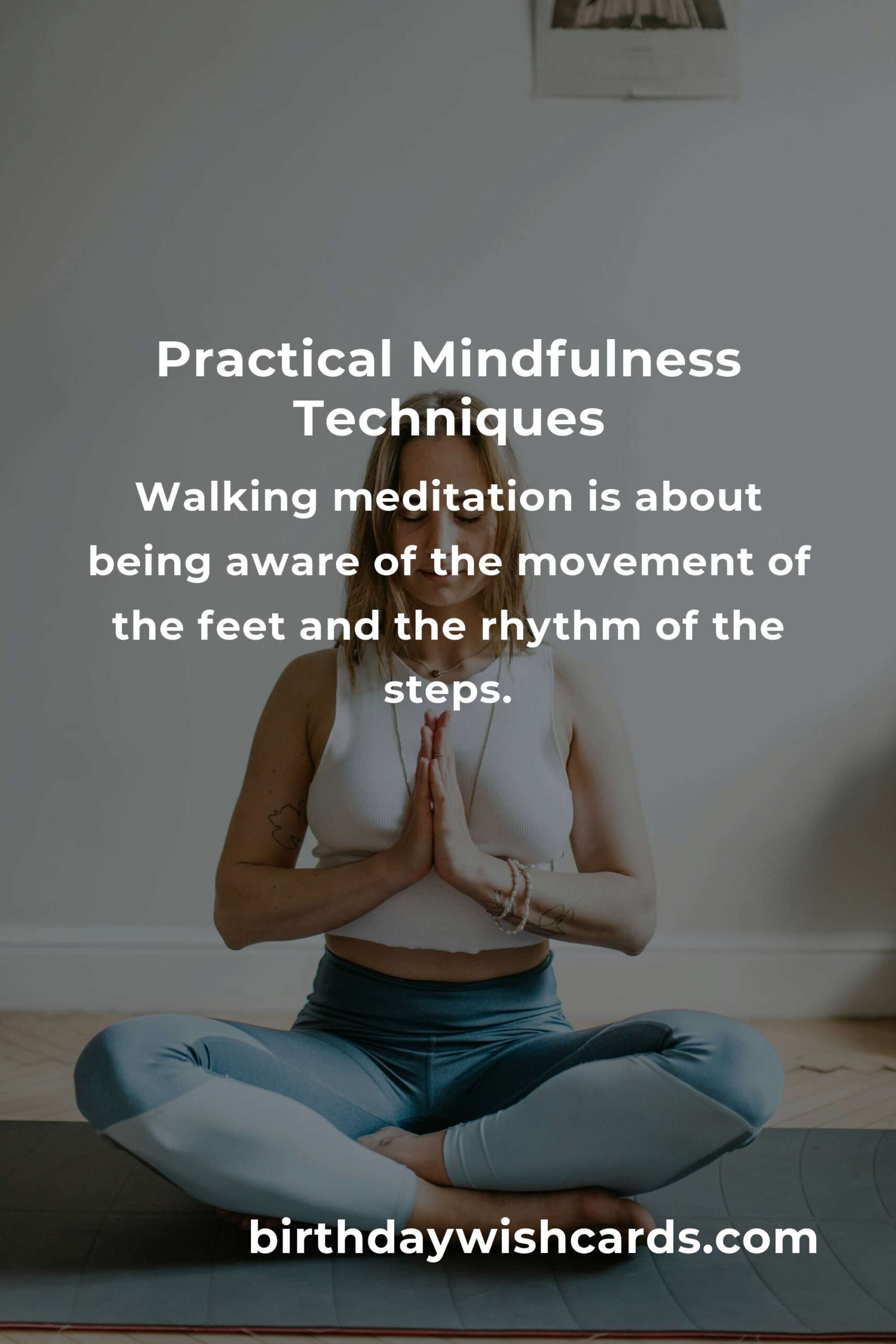
Mindfulness is a practice that has gained immense popularity in recent years due to its profound impact on mental health and overall well-being. At its core, mindfulness involves paying attention to the present moment without judgment. This simple yet powerful practice can transform everyday experiences, reduce stress, and increase happiness.
What is Mindfulness?
Mindfulness is derived from ancient meditation practices but has been adapted into a modern context to address contemporary life challenges. It involves maintaining a moment-by-moment awareness of our thoughts, feelings, bodily sensations, and the surrounding environment. Mindfulness is both a practice and a state of mind that encourages us to be fully present in whatever we are doing.
The Importance of Mindfulness
Practicing mindfulness can lead to numerous benefits, both mental and physical. Research has shown that mindfulness can help reduce stress, alleviate symptoms of anxiety and depression, improve focus, and even strengthen relationships. By cultivating a mindful awareness, individuals can develop a greater sense of clarity and purpose in their daily lives.
Practical Mindfulness Techniques
1. Mindful Breathing
Mindful breathing is one of the simplest forms of mindfulness practice. It involves focusing your attention on your breath, noticing each inhale and exhale. This practice can be done anywhere and anytime, making it an accessible tool for managing stress and enhancing focus.
2. Body Scan
The body scan is a mindfulness exercise that involves paying attention to different parts of your body, starting from the toes and moving upwards to the head. This practice helps in increasing body awareness and can be particularly helpful in identifying areas of tension.
3. Mindful Eating
Mindful eating involves paying full attention to the experience of eating and drinking, both inside and outside the body. This means noticing the colors, smells, textures, flavors, temperatures, and even the sounds (crunch!) of our food. Mindful eating aids in improving digestion and can lead to healthier eating habits.
4. Walking Meditation
Walking meditation is a form of mindfulness that involves focusing on the experience of walking. This practice is about being aware of the movement of the feet, the sensation of the ground, and the rhythm of the steps. It can be a wonderful way to integrate mindfulness into a daily routine.
Integrating Mindfulness into Daily Life
Incorporating mindfulness into daily life does not require setting aside large chunks of time. Instead, it can be seamlessly integrated into everyday activities. Whether it’s during a morning routine, while commuting, or even while doing household chores, mindfulness can be practiced at any moment. The key is to bring a quality of attention and presence to whatever you are doing.
Conclusion
The practice of mindfulness offers a path to a more balanced and fulfilling life. By understanding and implementing the basics of practical mindfulness, individuals can experience significant improvements in their mental and emotional well-being. As with any skill, mindfulness requires practice and patience, but the rewards can be life-changing.
Mindfulness involves paying attention to the present moment without judgment. Practicing mindfulness can lead to numerous benefits, both mental and physical. Mindful breathing is one of the simplest forms of mindfulness practice. Walking meditation is about being aware of the movement of the feet and the rhythm of the steps. Incorporating mindfulness into daily life does not require setting aside large chunks of time.
#Mindfulness #MentalHealth #Wellbeing #StressRelief #Meditation












